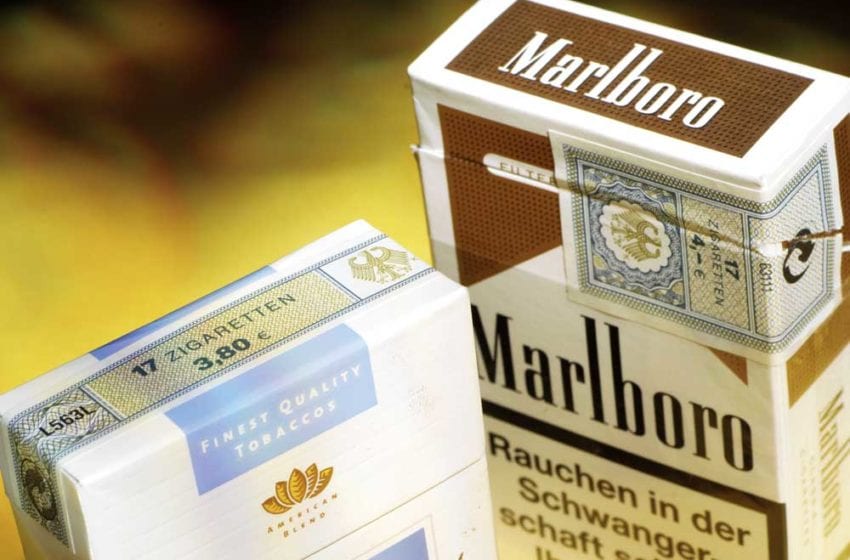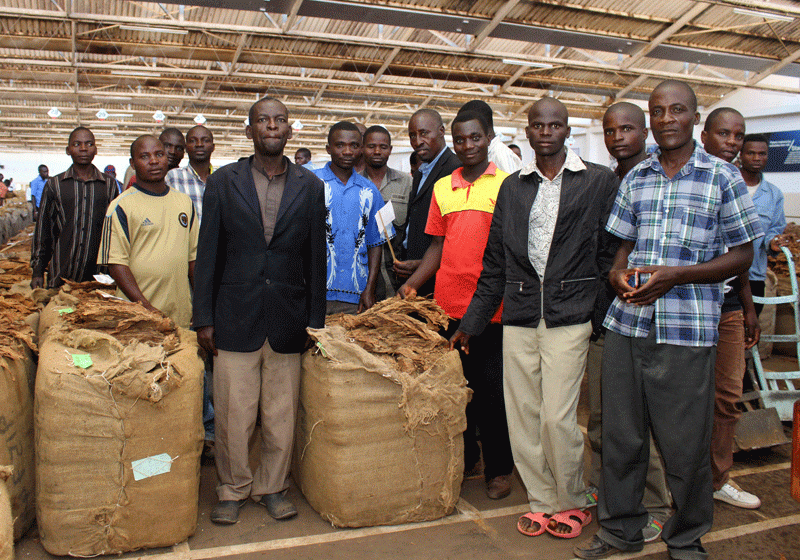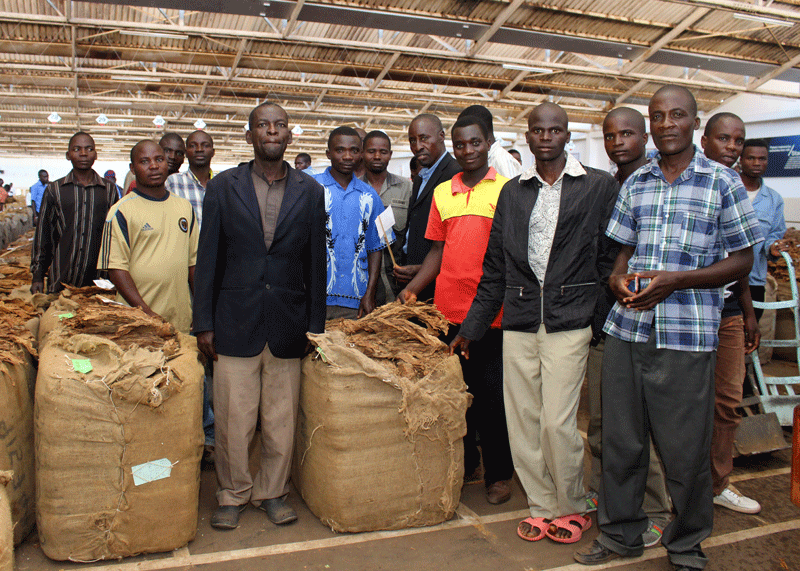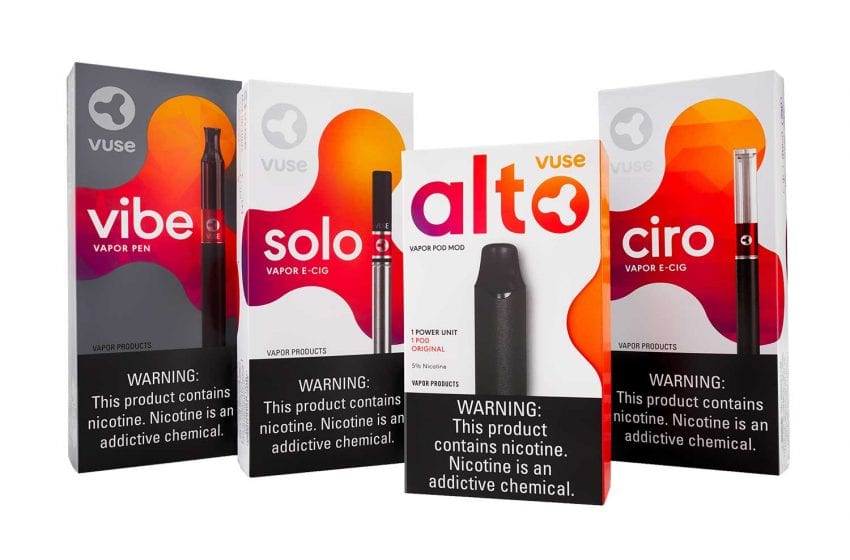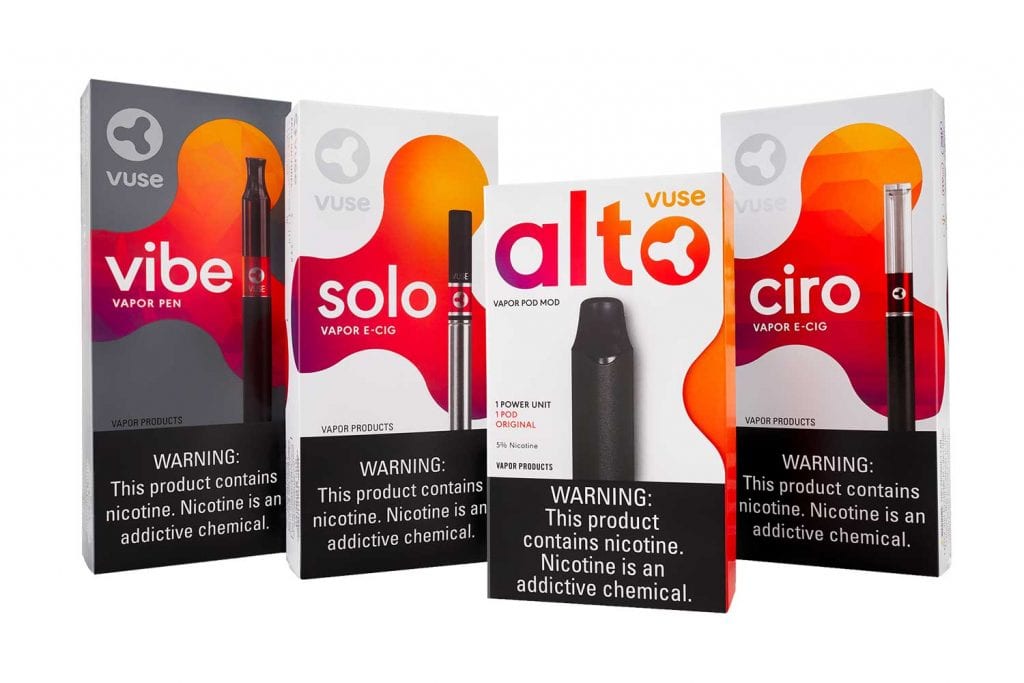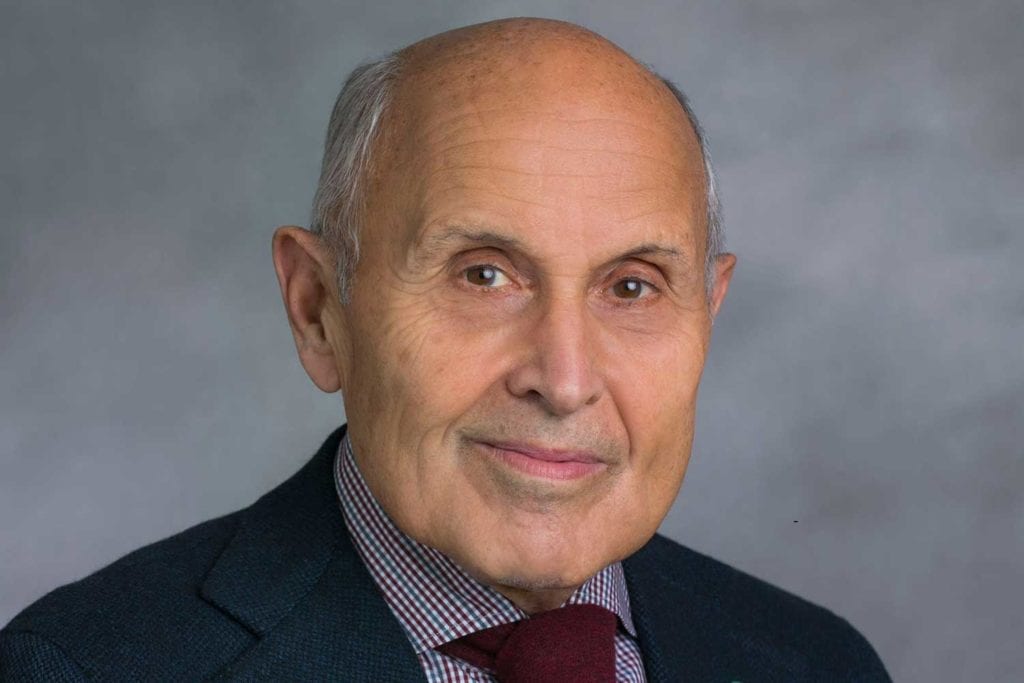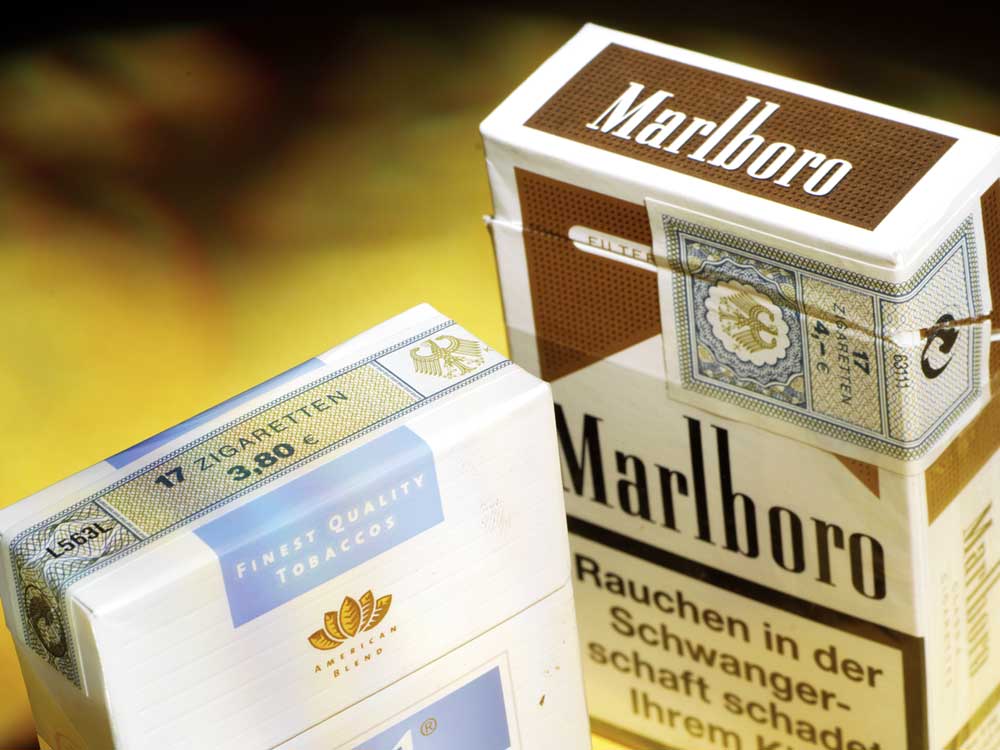
The Philippine Tobacco Institute (PTI) has rejected a plan by the government-run printing office to raise the cost of cigarette tax stamps from PHP0.15 ($0.003) to PHP0.23, reports The Manila Standard.
APO Production Unit has been appointed by the Bureau of Internal Revenue (BIR) to produce the security tax stamps on cigarettes. The project was rolled out in September 2014 to monitor the supply and sale of tobacco products and guarantee payment of excise taxes by manufacturers.
In a letter to APO Chairman and President Michael Dalumpines, PTI President Rodolfo Salanga said that APO is not a revenue-generating government agency, and its “monopoly” of producing the tax stamps is for regulatory purposes and not to raise revenues.
“We believe that the eight centavos printing cost increase from the current 15 centavos per internal revenue stamp to the proposed 23 centavos is unconscionable and excessive.
We wish to emphasize that the intent for the internal revenue stamp is to ensure the collection of excise taxes,” said PTI, which represents Philippine cigarette manufacturers, exporters and leaf suppliers.
We believe that the eight centavos printing cost increase from the current 15 centavos per internal revenue stamp to the proposed 23 centavos is unconscionable and excessive.
Rodolfo Salanga , president, PTI
APO cited higher ink and paper costs as reason for the price hike. During meetings with stakeholders, the printing agency presented the cost of producing each tax stamp as PHP0.11.
PTI said it was amenable to a PHP0.02 increase per stamp on the current PHP0.15, which would still give APO a net profit from its production cost. The group said the last increase in 2018 was also PHP0.02 from the initial price of 13 centavos in 2014.

